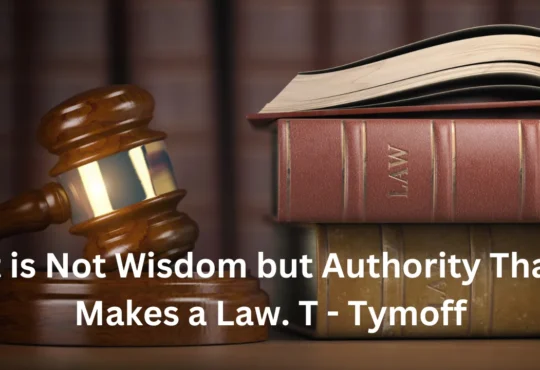Embarking on a thrilling adventure is a pursuit many seek to break away from the ordinary and create lasting memories. Whether it’s exploring a new city, hiking a scenic trail, or partaking in extreme sports, the allure of adventure is undeniable. However, what happens when the unexpected occurs, and your adventure takes an unfortunate turn with an accident?
Amid adrenaline rushes and the quest for excitement, it’s crucial to be aware of the legal considerations that come into play when accidents happen while touring. And knowing how crowded a destination like Lakeland, FL can get in peak seasons, you ideally should be ready for any eventualities as you move in the midst of the beautiful chaos. It’s wise to know your rights, responsibilities, and potential courses of action in the aftermath of an unforeseen incident during your Lakeland adventure.
Duty of Care and Responsibility
Before taking any legal action, it’s essential to grasp the concept of duty of care. This legal obligation implies that individuals, organizations, or entities responsible for your safety must take reasonable steps to prevent harm. Tour operators, guides, and even facility owners owe a duty of care to those participating in their activities.
If an accident occurs due to a failure in fulfilling this duty—such as inadequate safety measures or negligence—you may take legal action against the at-fault party and recover monetary compensation. In such cases, you should document the circumstances of the accident, obtain witness statements, and collect evidence to support any potential legal claims you may intend to file.
Liability Waivers and Their Limitations
Many adventure tour operators require participants to sign liability waivers, attempting to limit their liability in the event of accidents. While these waivers may deter legal action, their enforceability depends on various factors, including jurisdiction, the clarity of language, and the nature of the incident.
Note that signing a waiver doesn’t absolve operators from all responsibilities. Gross negligence, intentional misconduct, or law violations might render a waiver unenforceable. Seeking legal advice to assess the validity of a waiver can be a prudent step, especially if the accident involves severe injuries or questionable circumstances.
Understanding Comparative Negligence
In some cases, accidents may result from a combination of factors, including the actions of both the injured party and the tour operator. Comparative negligence laws come into play when determining liability in such situations. This legal doctrine allows for the assignment of a percentage of fault to each party involved.
For instance, if a participant in an adventure activity fails to follow provided safety instructions, their degree of fault may be considered in the legal proceedings. In Lakeland FL, the law allows accident victims to seek compensation even if they share some fault. But recent changes to this law may affect your claim. To protect your best interests, there are Lakeland injury lawyers you can speak with. They will evaluate the circumstances surrounding the accident to determine whether you have a right to pursue legal recourse and obtain compensation for your injuries.
The Importance of Timely Reporting and Documentation
In the aftermath of an accident, it’s crucial to promptly report the incident to the tour operator, guide, or relevant authorities. Timely reporting not only ensures that necessary medical attention is provided promptly but also creates an official record of the incident.
Document the scene, injuries, and any relevant details as evidence. Photographs, witness statements, medical records, and incident reports can significantly strengthen a legal case, providing a clear narrative of what transpired.
Seeking Compensation for Damages
Damages may include medical expenses, lost wages, pain and suffering, and other losses incurred as a result of the accident. If you’re yet to talk with an injury attorney in Lakeland, you should do so at this point. They can assess the strength of your case, negotiate with insurers, and, if necessary, pursue legal action to secure compensation for the damages you’ve suffered.
Statute of Limitations
The statute of limitations sets a time limit within which legal proceedings must be initiated. Missing this deadline can bar individuals from pursuing a legal claim.
Statutes of limitations vary by jurisdiction and the type of personal injury scenario. In Lakeland and the entire state of Florida, the statute of limitations for car accidents is four years from the date of the accident. This is how much time window you have to file a legitimate claim.
Final Thoughts
Navigating the legal waters following an adventure mishap requires that you be aware, prepared, and, when necessary, ready to seek legal counsel. When you understand your rights, you will know when these rights are breached and what steps to take.
Finally, in the pursuit of compensation for damages, it’s advisable to seek the advice of a qualified personal injury attorney before taking any big step. They can help you make informed decisions and safeguard your rights so you do not compromise your chances. When searching for legal representation, be sure to prioritize the Critical Qualities in Injury Lawyers to ensure you have the right advocate by your side during the legal process.








